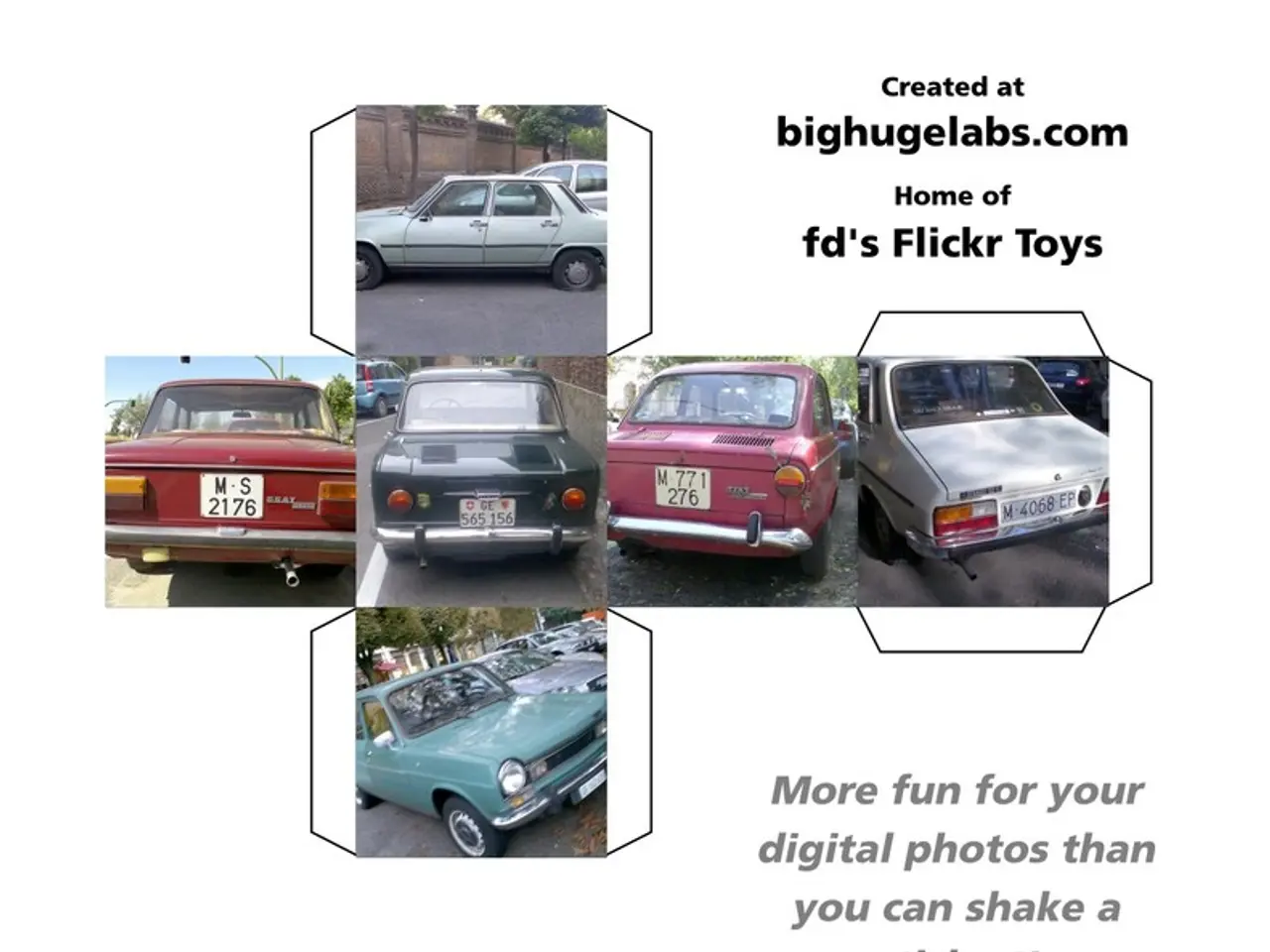Study: Digitalisation Could Save Germany 25M Tons CO2 by 2030
A recent study by the Öko-Institut, commissioned by Greenpeace Germany, reveals significant CO2 savings potential through digitalisation and artificial intelligence in various sectors. The report, available for download, highlights how connected traffic, intelligent logistics, and enhanced public transport can collectively contribute to Germany's 2030 climate goals.
The study, titled 'Climate effects of digitization', explores seven key areas. In traffic management, intelligent control systems could slash up to 13 million tons of CO2 emissions by 2030. This is achieved by optimising traffic flow, reducing congestion, and minimising stop-and-go driving, which also extends vehicle lifespan.
In logistics, automated driver assignment and real-time route planning can cut distances and delays, leading to an 8 million ton reduction in CO2 emissions. Additionally, connected individual traffic, such as car-sharing and ride-sharing, can save up to 4 million tons of CO2 by reducing traffic and optimising vehicle maintenance.
Digitalisation also boosts public transport's appeal. Real-time information, digital tickets, and free Wi-Fi can encourage more people to use buses, trains, and trams, further reducing private vehicle usage and CO2 emissions.
The Öko-Institut's study underscores the substantial role digital technologies play in combating climate change. By embracing intelligent traffic control, efficient logistics, and enhancing public transport, Germany can significantly reduce its CO2 emissions, moving closer to its 2030 climate targets.







